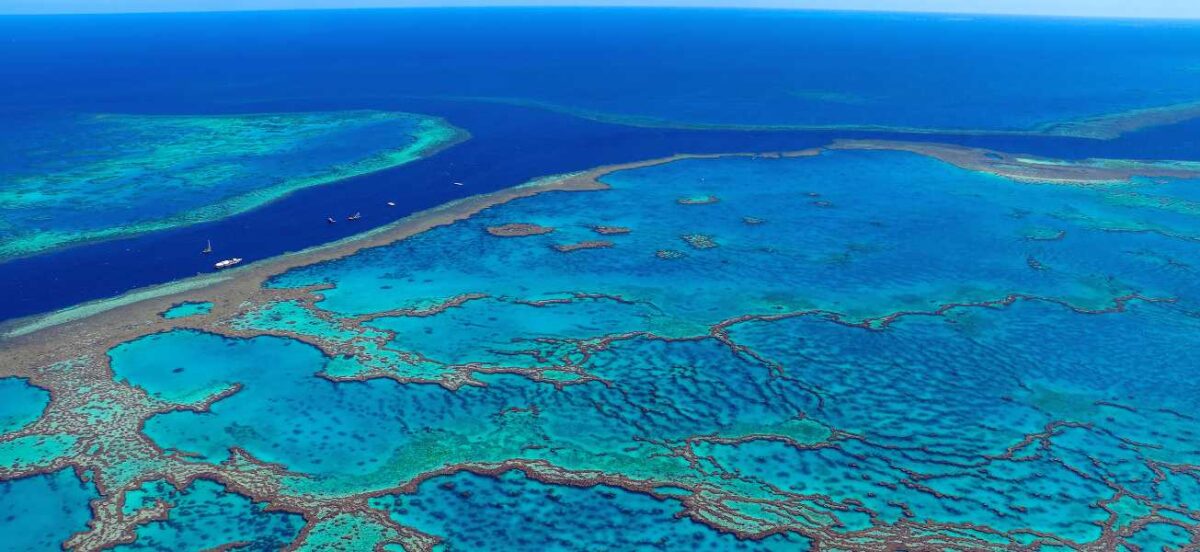Action for Dolphins lodged a detailed submission to the Senate Inquiry. We welcomed progress in several areas, but we also flagged serious gaps that risk leaving marine wildlife unprotected.
Why this matters
Nature underpins Australia’s economy. A recent analysis prepared for the 30 by 30 Alliance estimates nature contributes about $511 billion a year to the national economy, equal to approximately 20% of GDP. The Great Barrier Reef alone supports about 77,000 full-time jobs and contributes about $9 billion a year. Healthy oceans protect shorelines, store carbon and support fisheries and tourism. Strong federal laws are essential to protect assets worth billions of dollars, support jobs and reduce the risk of ecological harm for Australians.
What we support
Several parts of the reform package strengthen environmental protection. Our submission makes clear we want these elements retained:
- A National Environment Protection Agency with stronger enforcement powers
- Higher penalties for those who break the law and stronger audit and enforcement provisions.
- A clear test for unacceptable impacts
- A framework for National Environmental Standards backed by a no-regression rule
- A new body, Environment Information Australia, to improve data and transparency
Where the bills fall short
We are concerned that major loopholes and weak safeguards remain in the current draft laws. In our submissions, we explain the flaws with the following provisions and make recommendations to improve these protections.
- Close loopholes that allow native forest clearing, deforestation and shark nets to continue without proper assessment.
- Climate change is a key threat to our marine ecosystems but there is no requirement to consider these impacts when assessing a project. We recommend a climate test (commonly referred to as a ‘climate trigger’) be incorporated when assessing and approving every decision.
- The bills establish a restoration contributions framework that permits the payment of a fee instead of securing direct offsets. We recommend a range of amendments so offsets are a true last resort and steps are taken to minimise harm from the outset.
- Key decisions still rely on subjective tests. This raises the risk that political priorities take precedence over science. The bills also introduce a broad national-interest approval pathway that could bypass core safeguards. We recommend constraining these subjective tests and narrowing the national-interest exemption to genuine emergencies.
What happens next
The Senate Inquiry is accepting submissions until 5 December 2025. Senators will then review the evidence and recommend changes before the bills return to Parliament, provided a deal is not made for the legislation to pass the Senate before then.
Action for Dolphins will continue to push for laws that protect marine wildlife and their homes. Our community has helped elevate this issue, and your continued engagement will be crucial in the months ahead. If you’d like to make your own submission, get in touch.
Read our submission
